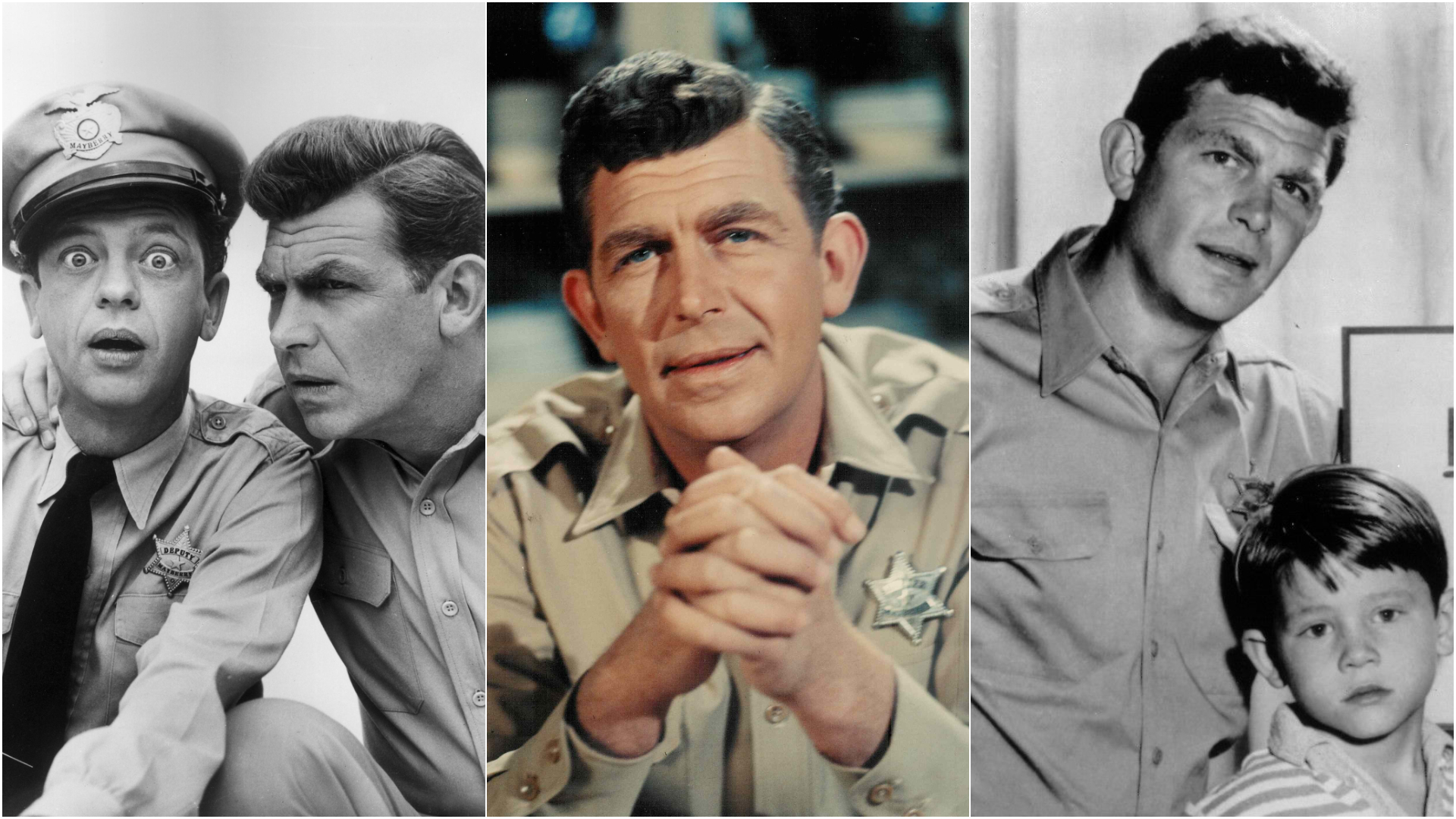
In today’s world, where life is constantly accelerating and everything seems to be on fire – from a few-second TikTok clips to a fleeting social media attention span – there is hardly any television from the 1960s that is still available in the archives. But The Andy Griffith Show (TAGS) is different. Despite airing from 1960 to 1968, the show is still watched over and over again, still talked about with deep affection, and still makes viewers cry or laugh – even those who didn’t live in that era.
1. Mayberry – A Spiritual Refuge in a Brutal World
The Andy Griffith Show takes us to a place called Mayberry – a fictional small town in North Carolina, where people live close, harmoniously, and always care for each other. It’s not just a confusing scene – it’s an icon. In today’s increasingly individualistic society, many people seek Mayberry as a spiritual refuge. No noise, no worries, no social media, just basic values: kindness, honesty, humanity.
Mayberry is like a simple American dream – imperfect, but full of love. And that never goes wrong.
2. Andy Taylor – Father, human, ideal leader
Andy Taylor is not only the town sheriff, he is also a model father, a trustworthy neighbor and a leader with calmness, wisdom and kindness. He never needs to use force to resolve conflicts – just a clever word, a small smile or a slow nod. In an age where on-screen male images are often strong, “cool”, or rich, Andy Taylor embodies a quiet, deep and responsible masculinity.
And through the relationship with his son Opie – simple yet profound dialogues – viewers learn more than a parenting book.
3. Laughing without being shocking
Barney Fife, Gomer Pyle, Floyd the barber… each supporting character in TAGS has their own color, creating a special comedy – gentle, graceful, not vulgar and not perfecting anyone. TAGS does not need the fake laughter of the fake studio, nor the “shock comedy” games often seen in modern sitcoms. It makes people laugh because of its honesty – ordinary stories but observed with an emotional heart.
Compared to modern sitcoms like The Office, Brooklyn Nine-Nine or Modern Family, which are quick, sharp and often tied to the times, TAGS has a slower pace, does not update trends – but because of that, it is never out of date.
4. Not just entertainment – but life lessons
Each TAGS episode is like a small story that can be watched separately – but contains a big lesson: knowing how to admit mistakes, knowing how to forgive, knowing how to put others before yourself. One of the most beloved episodes, Opie the Birdman, tells the story of Opie accidentally killing a mother bird, then having to take care of three baby birds until they can fly away. There are no sermons, no tragic soundtrack, just Andy’s eyes, some gentle advice, and a boy learning how to grow up by going deep into hiding.
That’s what many modern sitcoms no longer have – the connection between heart and story.
5. A legacy that lives on – because people still need situations
The Andy Griffith Show is not an ancient product that needs to be “preserved” – it is an animal part of the spiritual life of many generations. The Mayberry Days festival is still held annually, Facebook pages still share dialogue, images, and lessons from the film. And every time the world outside becomes too complicated, people return to TAGS as a way to remember: to live kindly, peacefully, and lovingly – that’s enough.
The result: The Andy Griffith Show still exists – because it talks about something that never fails
Not technology, not trends, but kindness, understanding between people and the simplest things in life. TAGS does not bring hearty laughter or sighs – but brings a feeling of peace and warmth like returning home after a long tiring day. That is what creates a lasting existence, not just as a TV show, but as a place in the hearts of viewers – no matter how far time passes.

